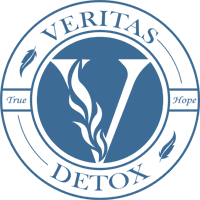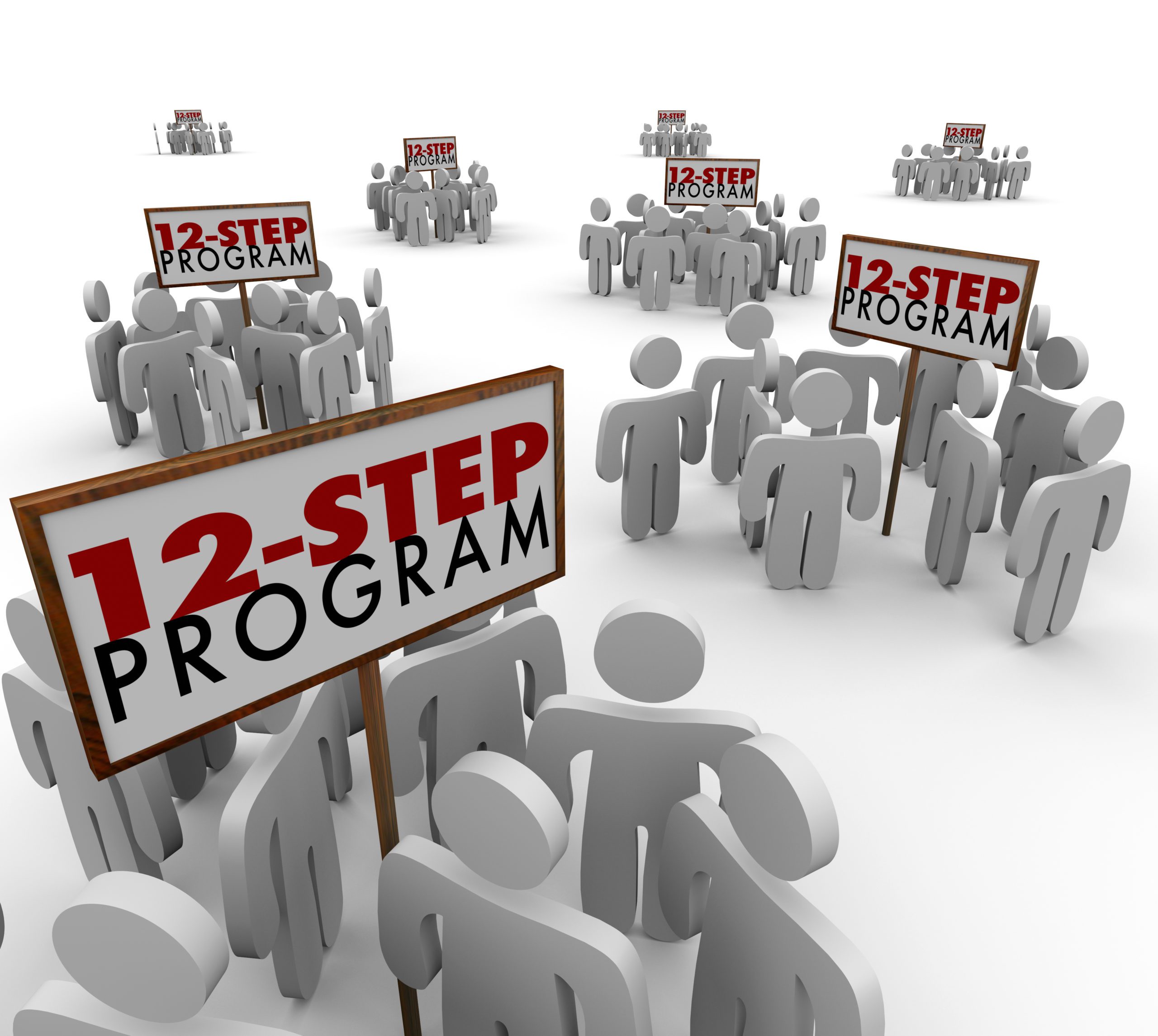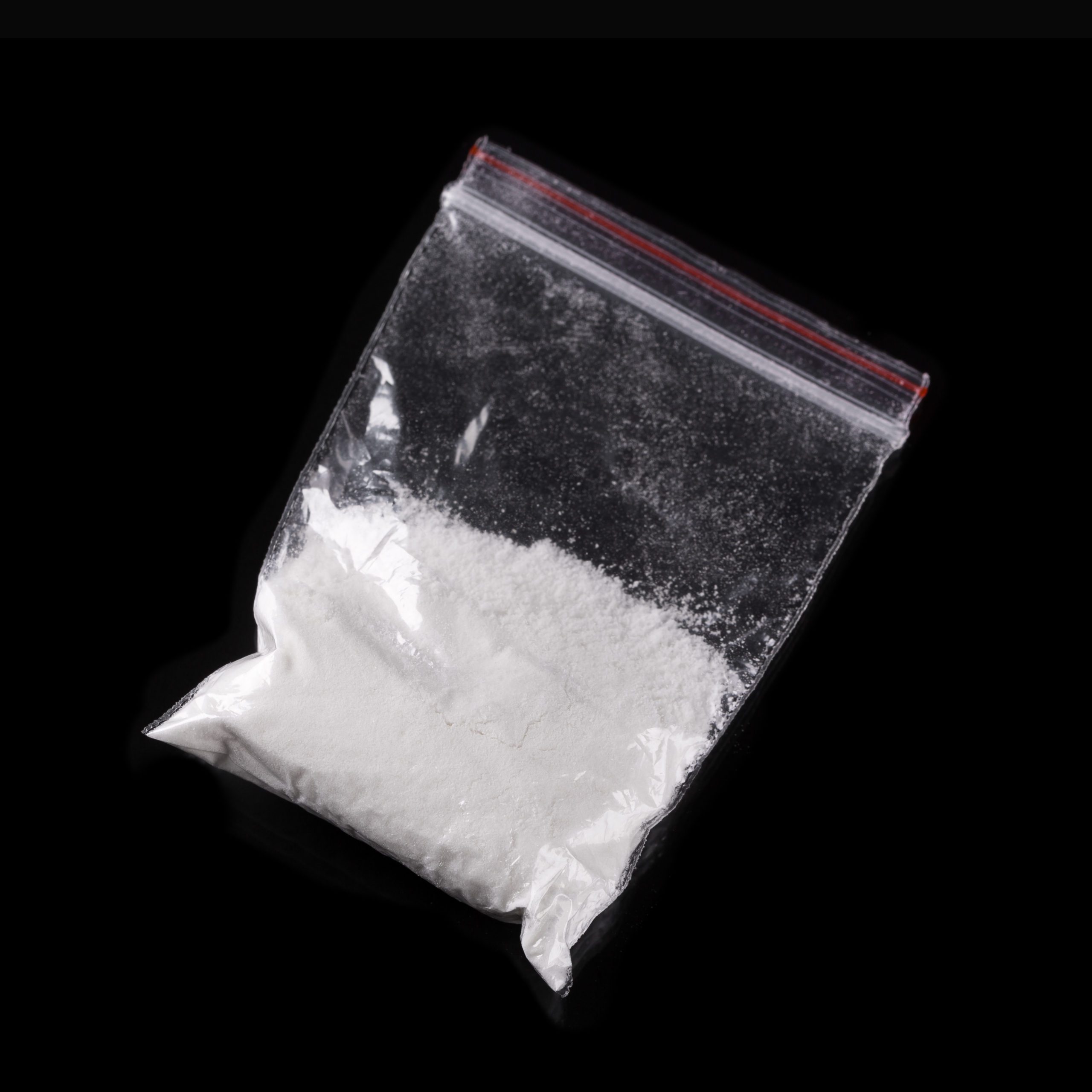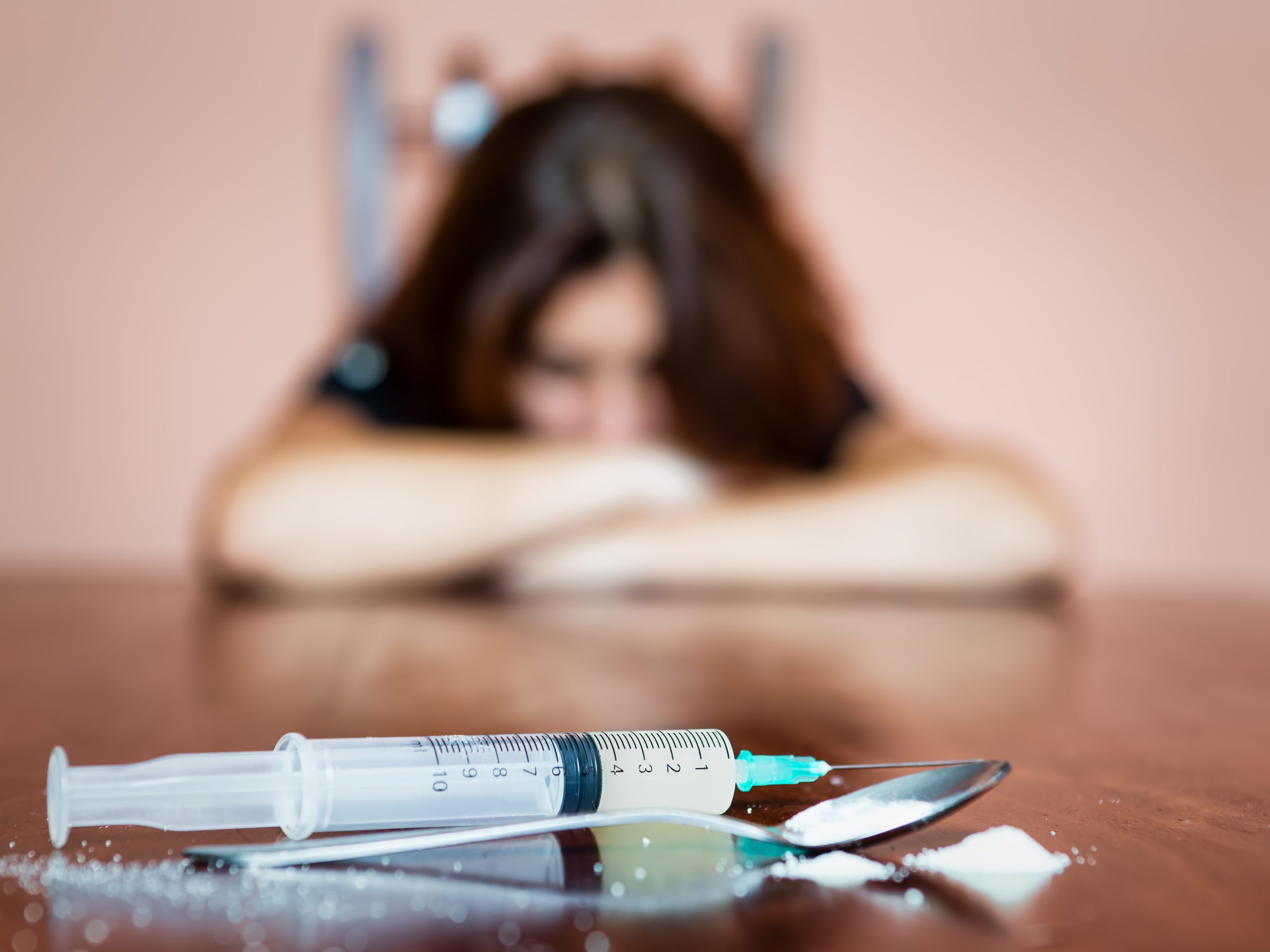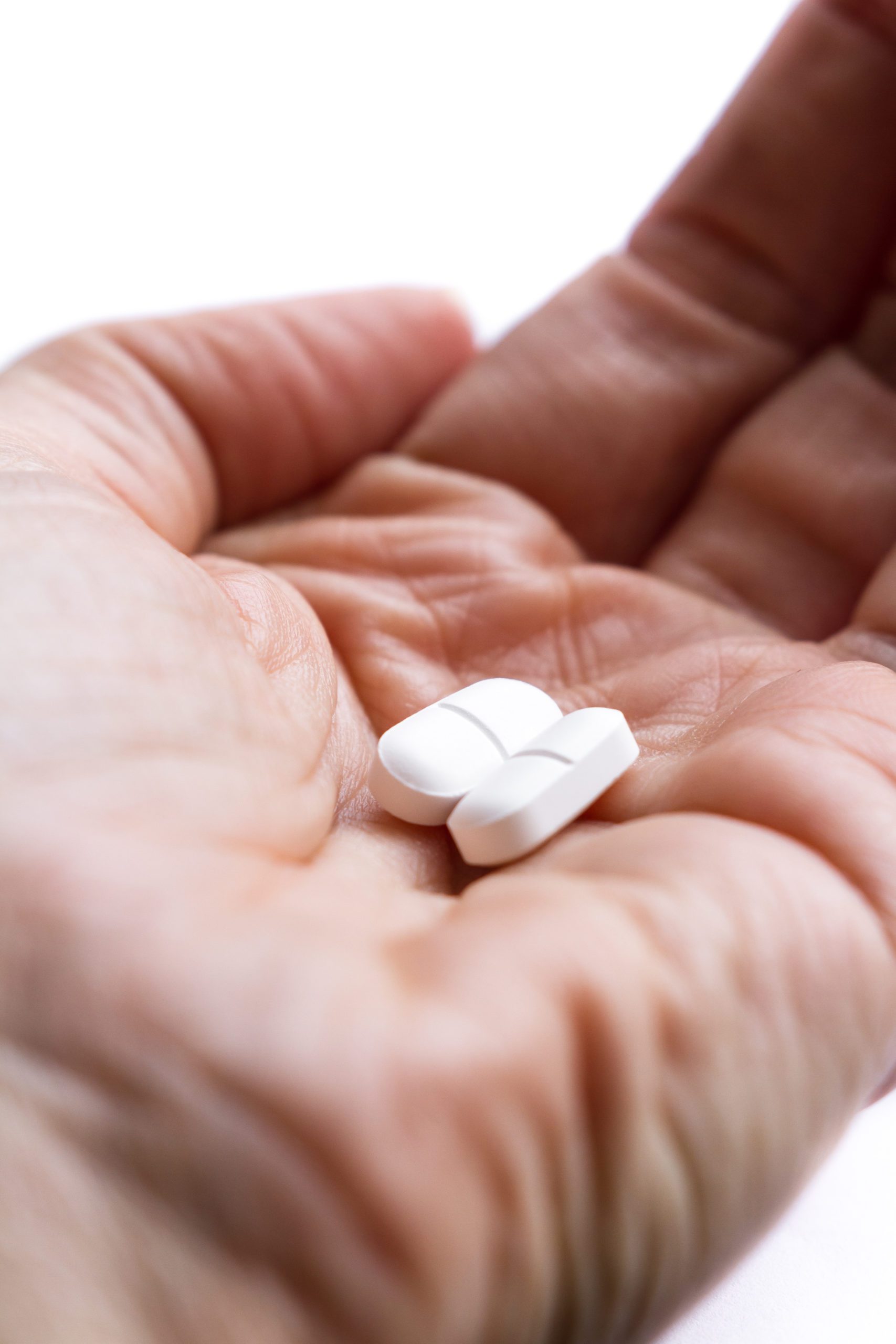Frustrated with their own addictions, Bill Wilson and Robert Smith came up with a solution in 1935 that ended up helping millions of people around the world with their substance abuse problems.
Alcoholics Anonymous was born out of the encounter between these two men and became the basis for what we know today as a 12 step program for addiction.
What is a 12 Step Program for Addiction?
12 step programs consist of a group of non-professional peers who have experienced addiction. They support each other by following a program of 12 steps and 12 traditions that helps them achieve and maintain sobriety.
In this non-professional program, attendance is free, although a small donation is usually given if the addict can afford to do so. The donation usually goes to support the facilities and pay rent.
There are as many types of 12 step programs for addiction as there are addictions. Everything from gambling to heroin.
The underlying principles of all 12 step programs are essentially the same; however, the language used in each program may vary depending on the obsession they seek to relieve.
The first step of the program is considered to be the most pivotal. It requires addicts to get honest with themselves and accept their addiction as a real condition.
The rest of the steps are a series of transformative actions. The last three steps (10,11,12) are considered to be steps of maintenance. Adherence to these steps and principles may provide the addict with a daily reprieve long after detoxing.
What Are Different Kinds of 12-Step Groups for Addiction?
There are numerous ways in which addiction can manifest itself. In addition to substance abuse, an obsession can also be embodied in other forms of dopamine reward, such as gambling, sex, and other forms of self-indulgent behavior.
It’s out of this that different forms of 12 step programs and other support groups have spurred.
Some of the best-known 12 step programs for addiction include –
- Alcoholics Anonymous
- Sex Addicts Anonymous
- Narcotics Anonymous
- Gambling Anonymous
- Eating Disorders Anonymous
Why Choose a 12 Step Program for Addiction
Support groups for addiction recovery offers many benefits to addicts seeking recovery, including
- A proven roadmap to getting sober and stay sober
- Sponsorship
- Continuous peer support
- Counseling
- Learning from the experience of others
- Realization that the addict is not alone and his or her condition is not unique
- Constant reminders of what it used to be like and what it’s like now
- Helping others
- Positive reinforcement
- Sober friends
- Resolving inner conflicts and getting rid of character defects
- A safe trusting place
- Relapse prevention
- Spirituality
How to Find and Join a 12 Step Program for Addiction
There are a number of ways in which addicts can find 12 step meetings after they’ve identified which group is right for their condition
Organization websites
The official website of every recovery program should provide information about nearby meetings. It should be easy for you or a loved one to locate the correct website by simply searching online. Most official websites end with .org, indicating that they are non-profit organizations.
Local websites
In most cases, organization websites will redirect you to the organization’s official local website.
For example, AA Miami-Dade is a website specific to the Miami area where addicts in recovery can find meetings local to Miami-Dade county. Another great example is AA EU – where alcoholics in recovery can find meetings in the Eurozone.
Online Meetings
As the world progresses into a digital era, so does recovery. The popularity of online meetings accelerated after the COVID-19 pandemic. The need to still meet during lockdowns created a new trend for 12-step programs that has remained strong even as the world eases out of the pandemic.
Online meetings are offered at the local level and publicly listed in many of the 12-step program sites.
Online meetings can provide many benefits such as connecting with addicts from all over the world.
12-Meetings in Rehab
12-Step programs have long been a fundamental part of recovery. This has also been recognized and embraced by the private sector.
Any recovery center that does not offer some form of recovery group should raise a red flag to patients.
Veritas Detox understands the value of 12-step programs and provides patients with meetings and guidance.
Veritas checks all the boxes and excels at delivering exceptional detox treatments with 12-step programs.
Their ultra-well-equipped rehab facility is accredited by JCAHO and employs top-notch licensed professionals. Their in-house gym, yoga classes, and gourmet meals.
Now that you know all there is to know about 12-step programs, it’s time to take action.
Come detox with us. Contact Veritas Detox today for a free consultation.


